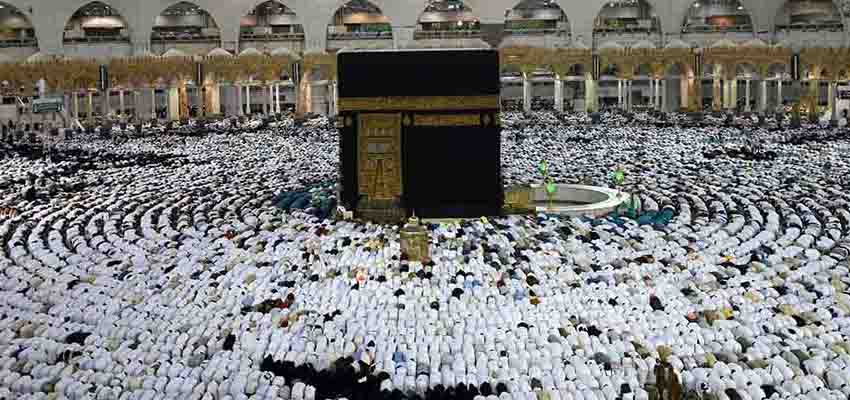The federal cabinet, led by Prime Minister Shehbaz Sharif, has approved the Haj Policy 2025, setting a quota of 179,210 pilgrims and implementing new guidelines to streamline the pilgrimage experience for Pakistani nationals. A key feature of the policy is a restriction barring children under the age of 12 from participating in Haj next year, introduced as a part of crowd management and health safety measures.
The quota will be equally divided between government and private schemes, with a computerised ballot to determine successful applicants for the government programme. Priority will be given to applicants who were unable to secure a spot in last year’s ballot. Additionally, a special allocation reserves 1,000 seats for hardship cases and 300 for low-income laborers registered under the Employees Old-Age Benefit Institution (EOBI) or Workers Welfare Fund (WWF).
To enhance the pilgrims’ experience, the government has introduced a new role, Nazim (Administrator), with each Nazim overseeing 100 pilgrims. These administrators will be selected from welfare staff, ensuring comprehensive support for the pilgrims. An accompanying Haj Management App and training programmes are also being rolled out to facilitate a seamless pilgrimage experience.
Further, under the policy, pilgrims departing from Islamabad and Karachi will have access to the Road-to-Makkah facility, easing the customs and immigration processes. Haj group organisers are now mandated to sign a service agreement with the Ministry of Religious Affairs, which will oversee compliance with set standards.
The cabinet also approved enhanced compensation packages for pilgrims, doubling the support for families of the deceased to PKR 2 million and offering PKR 1 million for injuries during Haj.
In economic matters, PM Shehbaz commended the State Bank of Pakistan’s reduction in the policy rate to 15 per cent, citing it as a positive step towards economic stability and investment growth. He noted that the rate cuts could alleviate the national debt burden by PKR 1.3 trillion, creating fiscal space and supporting the business, agriculture, and export sectors.
Further discussions covered the PM’s recent visit to Saudi Arabia, with follow-up delegations exploring cooperation in mining, solar energy, and the recruitment of skilled IT professionals. PM Shehbaz underscored the potential of upcoming B2B agreements, including a $2 billion MoU with Azerbaijan to bolster bilateral economic cooperation.
The meeting concluded with a commitment to a gradual economic recovery, with PM Shehbaz emphasising forthcoming initiatives for job creation, industrial growth, and relief measures for citizens, aimed at fostering a resilient national economy.
